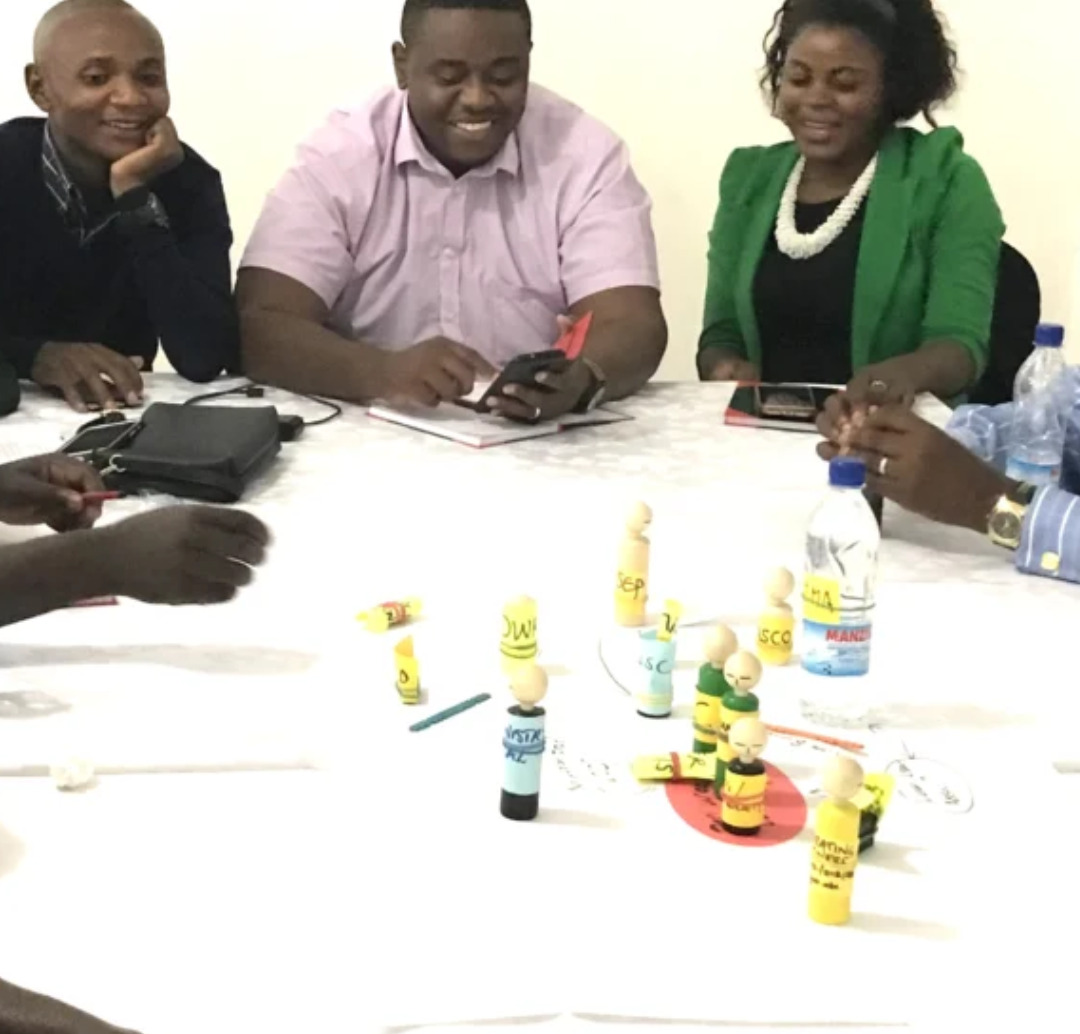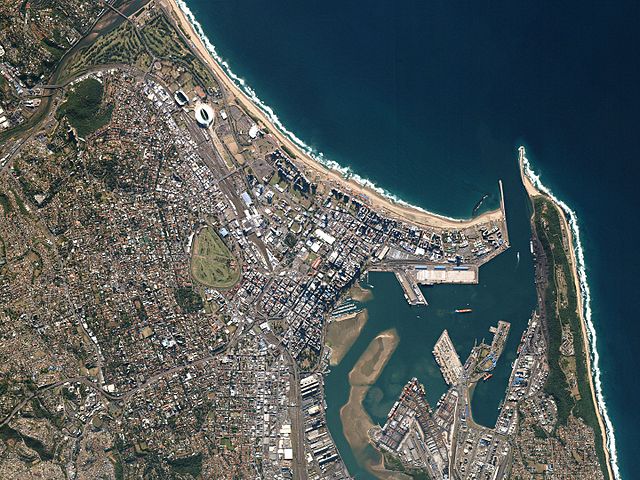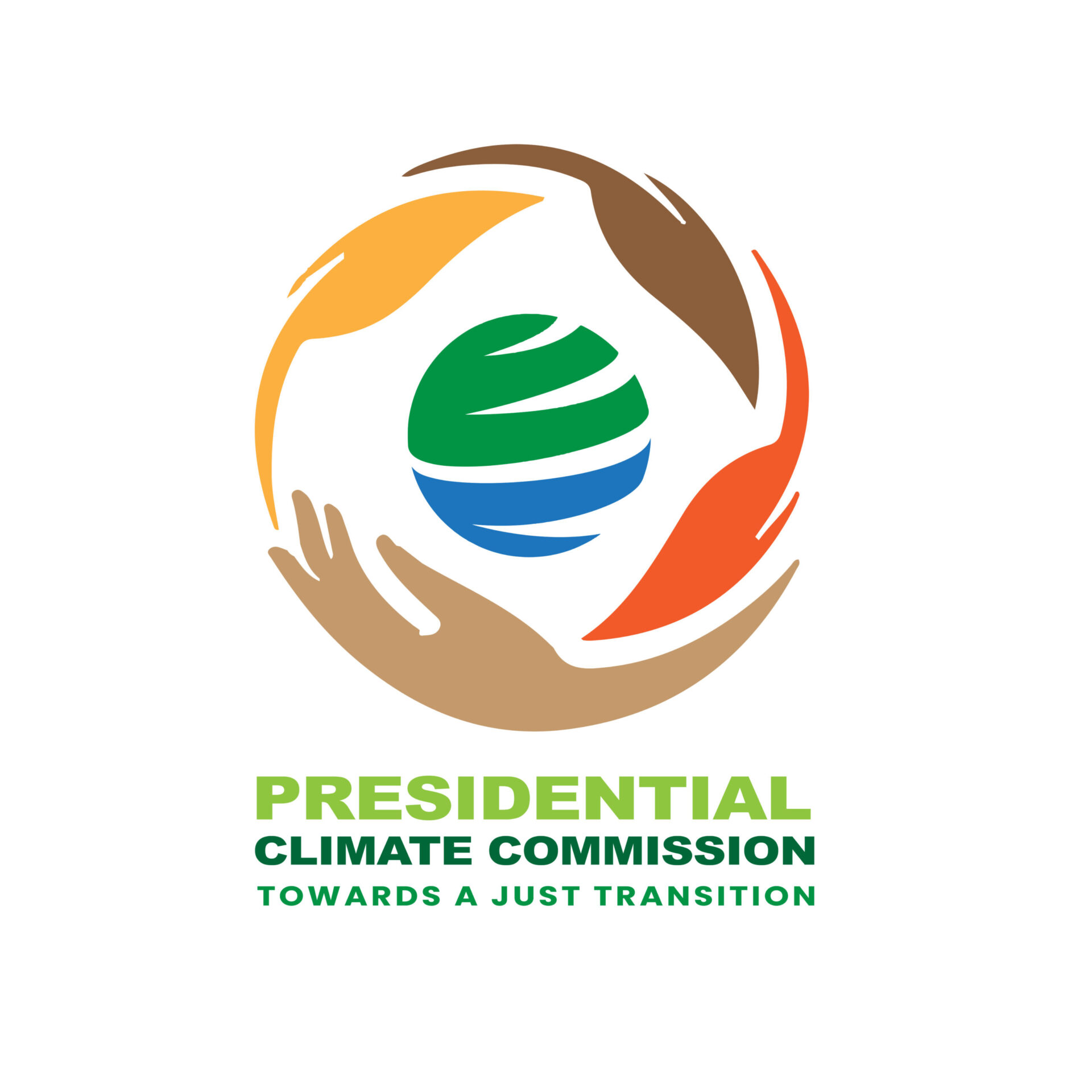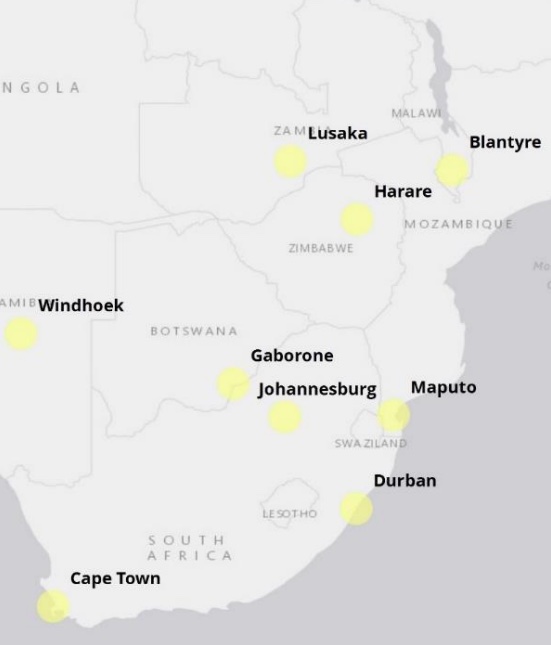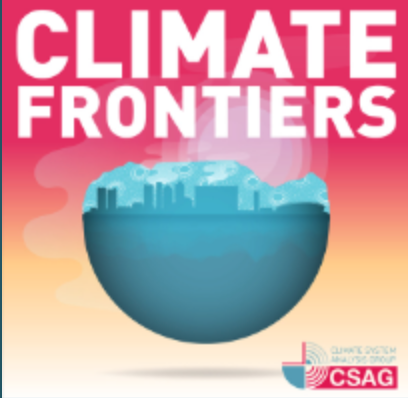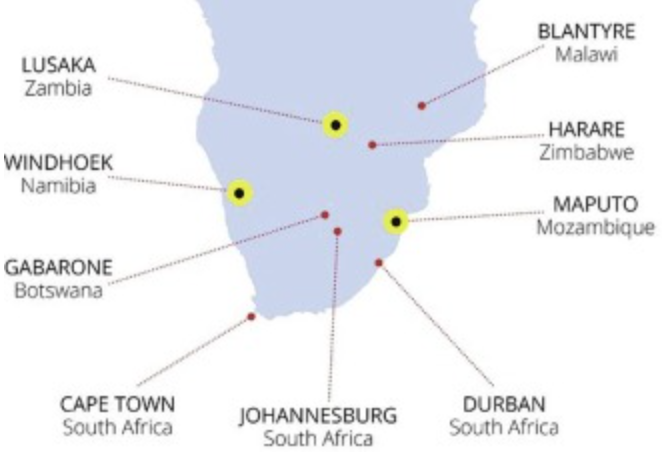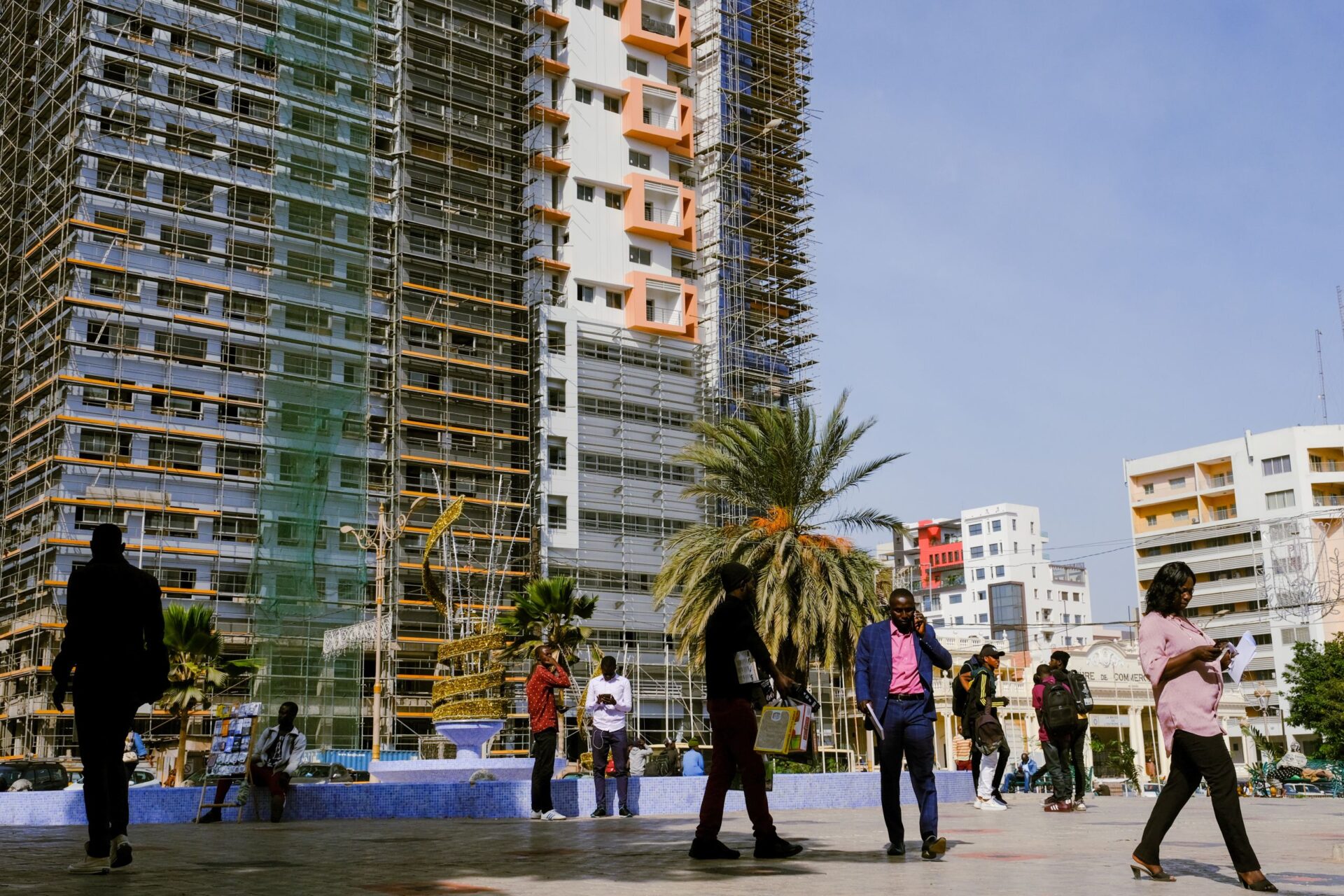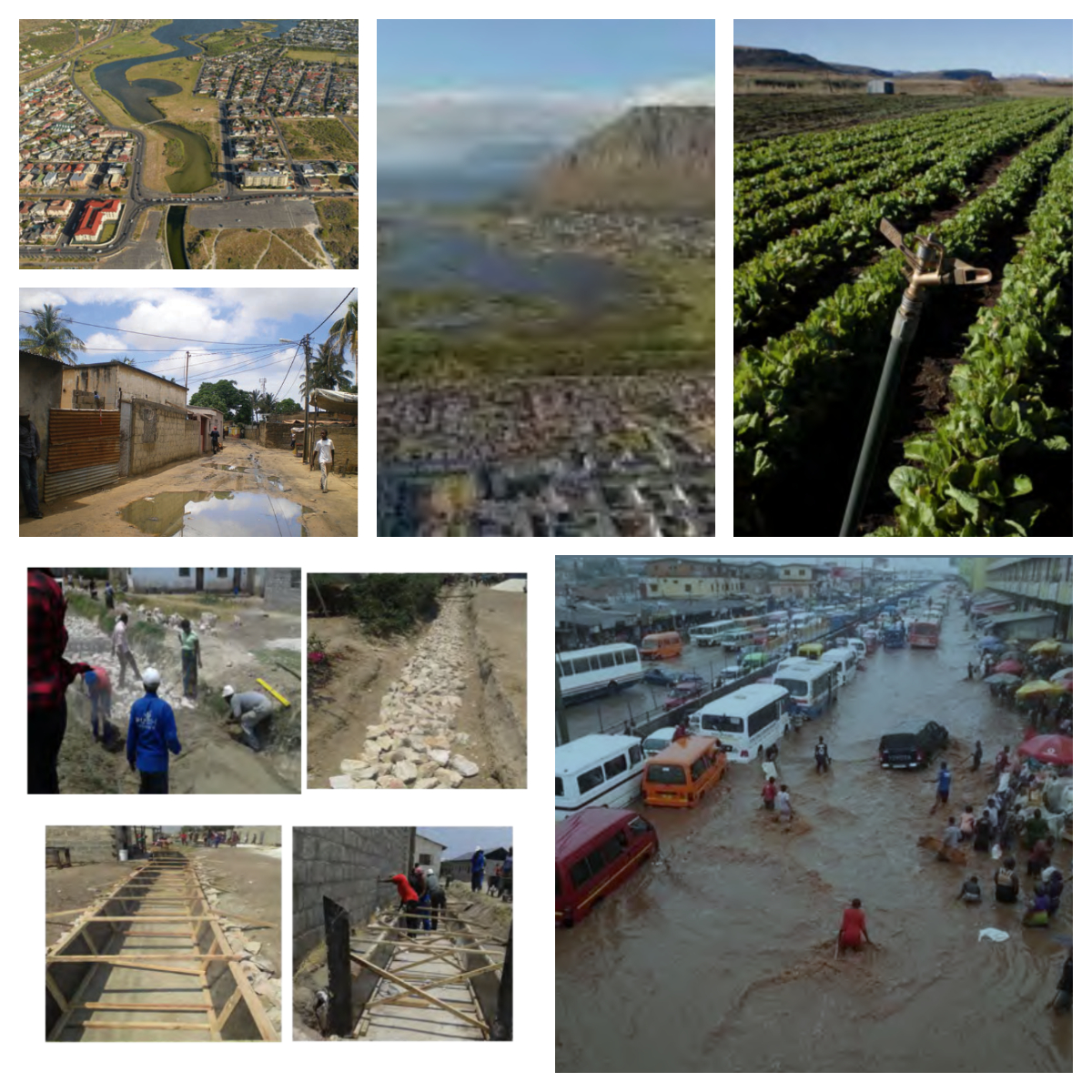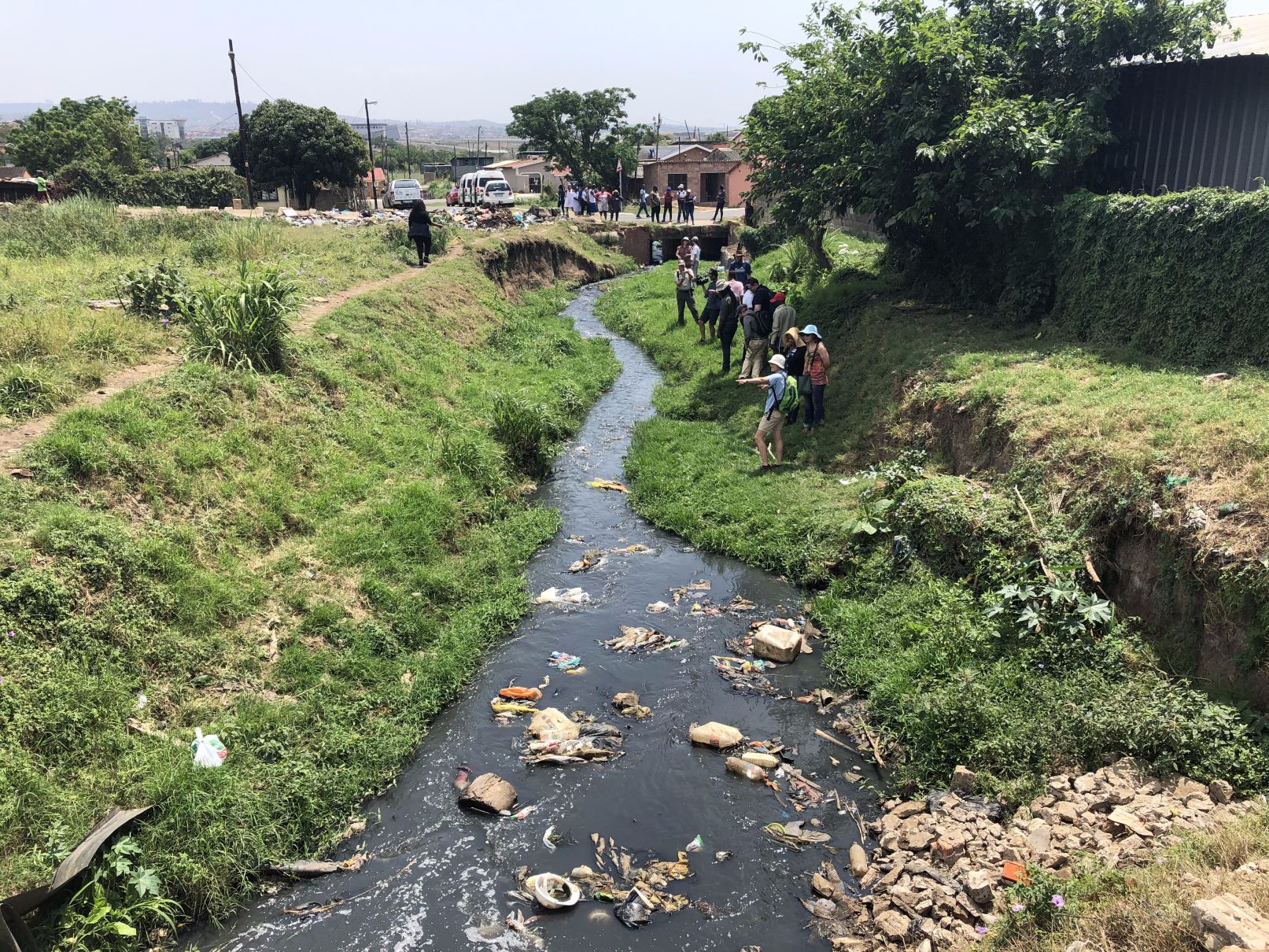Organisation
CSAG
- 12 Members
- 56 Articles
- 29 Case studies
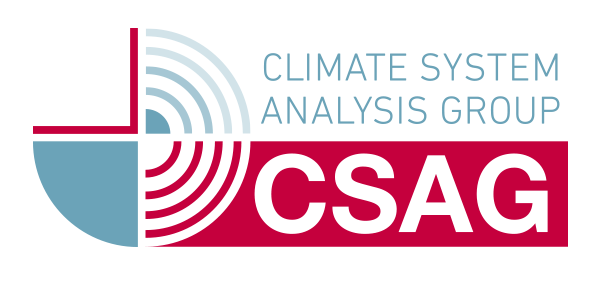
CSAG is the climatology research group hosted in the ENGEO department at the University of Cape Town. CSAG is a dynamic group of multi-disciplinary scientists with research projects linked to all aspects of the climate system.
Supporting climate-resilient urban planning: 10 lessons from cities in southern Africa
This brief presents key insights on integrating climate information into climate change-related adaptation planning in African cities.
- 16th Dec 2023
- 6 min read
- 0 Comments
Understanding and Supporting Climate-sensitive Decision Processes in Southern African Cities Review
Find out about recent research on how climate information is brought to bear on decision-making in southern African cities. Development of sustainable cities needs to be based on robust climate information while also involving local communities.
- 26th Jan 2023
- 4 min read
- 0 Comments
Climate resilient development pathways: applicability to navigating a just transition in South Africa
This article establishes the basis and sets the direction for future knowledge (co)production and planning work in relation to the adaptation and climate resilience aspects of navigating a ‘Just Transition’ in South Africa.
- 10th Nov 2022
- 8 min read
- 0 Comments
Principles for Co-Producing Climate Services: Practical Insights from FRACTAL
Explore principles for co-producing climate services based on FRACTAL project evidence and experiences through this working paper.
- 14th Jul 2022
- 3 min read
- 0 Comments
Kate Kloppers
Published in Article
CSAG Climate Frontiers Podcast Series
Listen to this series of podcasts hosted by the Climate Systems Analysis Group (CSAG) at the University of Cape Town. These are conversations between researchers and partners across Africa and globally, covering a range of topics from climate science to social science and philosophy.
- 2nd Aug 2021
- 3 min read
- 0 Comments
Climate risk narratives: An iterative reflective process for co-producing and integrating climate knowledge
This article introduces the concept of Climate Risk Narratives (CRNs), their origin, and their evolution through a trans-disciplinary engaged research activity around urban climate resilience.
- 7th Jun 2021
- 4 min read
- 0 Comments
Learning from climate change perceptions in southern African cities
This study provides commentary about climate change risk perceptions in an urban southern African context.
- 1st May 2021
- 3 min read
- 0 Comments
Anna Taylor
Published in Article
Step-by-step guide: Using climate information to support adaptation planning and policy-making
Guidance on how to quickly and easily access climate data for many locations across Africa, using an interactive map.
- 18th Dec 2020
- 2 min read
- 0 Comments
FRACTAL Learning – Adaptation Inspiration Cases in Africa Summary
This is a summary article signposting the FRACTAL Learning modules 1-6 on inspirational adaptation cases in Africa.
- 15th Dec 2020
- 9 min read
- 0 Comments
Pathways to transformative climate adaptation in southern African cities
A review of academic and grey literature addressing transformative adaptation, with a focus on cities, including two case studies, Durban in South Africa and Harare in Zimbabwe.
- 17th Jun 2020
- 6 min read
- 0 Comments
Members
Alice McClure
I’m currently based at the University of Cape Town (with the Climate Systems ...
Shakirudeen lawal
For research purpose
Kate Kloppers
I hold the position of Senior Science Engagement Officer at CSAG, UCT. My cur...
Chris Jack
My background is climate science, climate modeling and climate systems analys...
Anna Taylor
Anna is a geographer specializing in climate adaptation, with a focus on Afri...
Add your project
Exchange your climate change adaptation projects and lessons learned with the global community.
